
How to Stay Safe at Home During the Holidays
Before you decorate, prep your space to avoid common seasonal hazards.
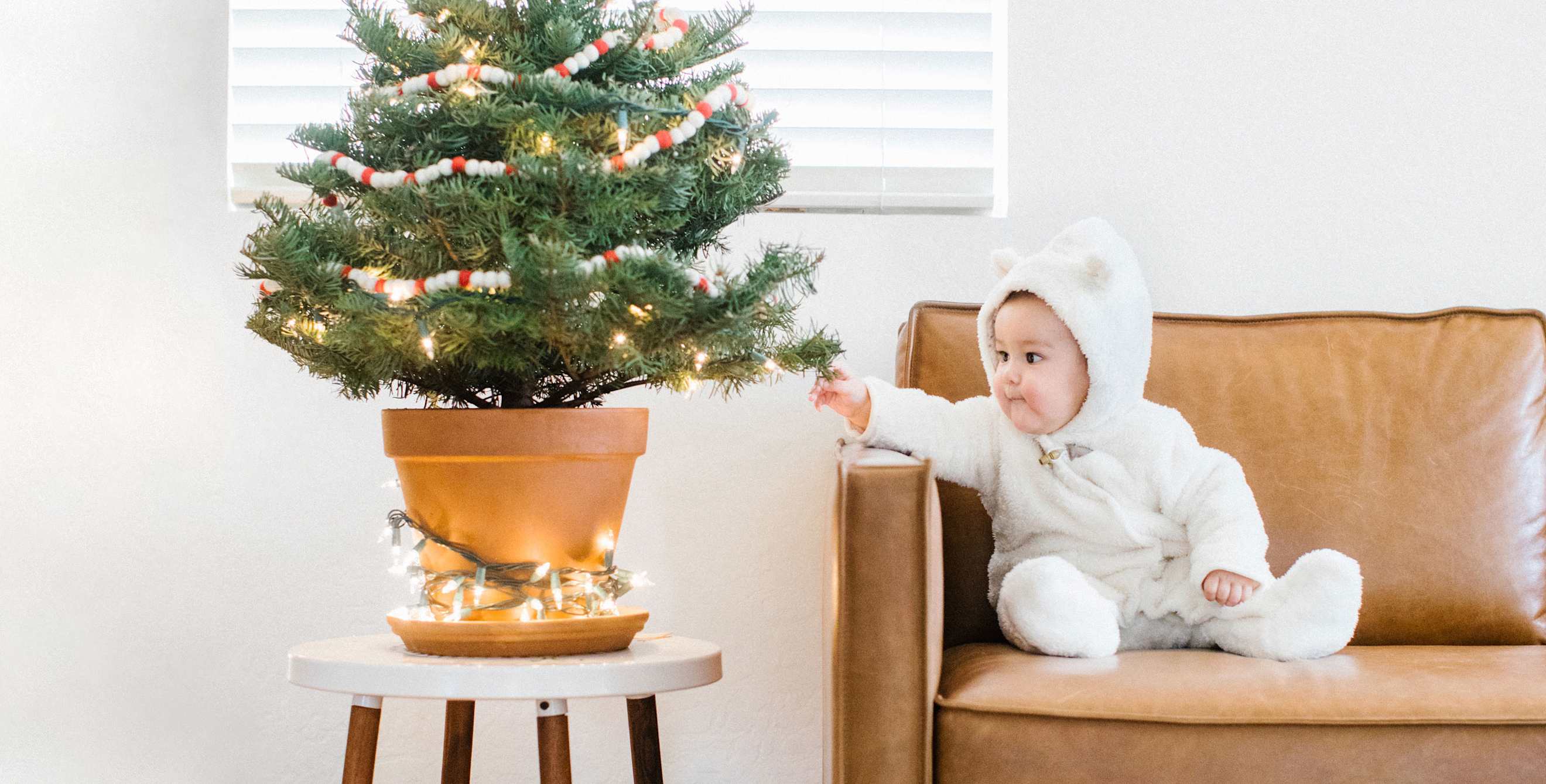
The winter holidays typically center around celebrating with family, which feels more important than ever. But in all the excitement and preparation, it can be easy to forget some important basics. These 13 safety tips will help your household avoid fires, falls, and other fails.
1. Mind your greenery.
Christmas trees cause some 200 U.S. home fires each year. If you celebrate with a real tree, buy one that's fresh and water it daily so it doesn't dry out and turn combustible, advises Gary Russell, a senior catastrophe claims manager for CSAA Insurance Group. Set your tree at least three feet away from fireplaces and other heat sources, make sure any electric decorations are working properly, and remove the tree from your home before it's desiccated. Prefer a fake tree? Get one labeled "fire-resistant," and don't put anything electric on it if it's metallic. Be careful with other seasonal plants too: Holly, lily, mistletoe, pine, and poinsettia can be poisonous.
2. Stay warm—without getting burned.
Keep space heaters far from anything in your home that could catch fire, and don't plug them in until you've checked the circuit to confirm that it can handle the appliance. At least once a year, have your furnace inspected and replace its filter.
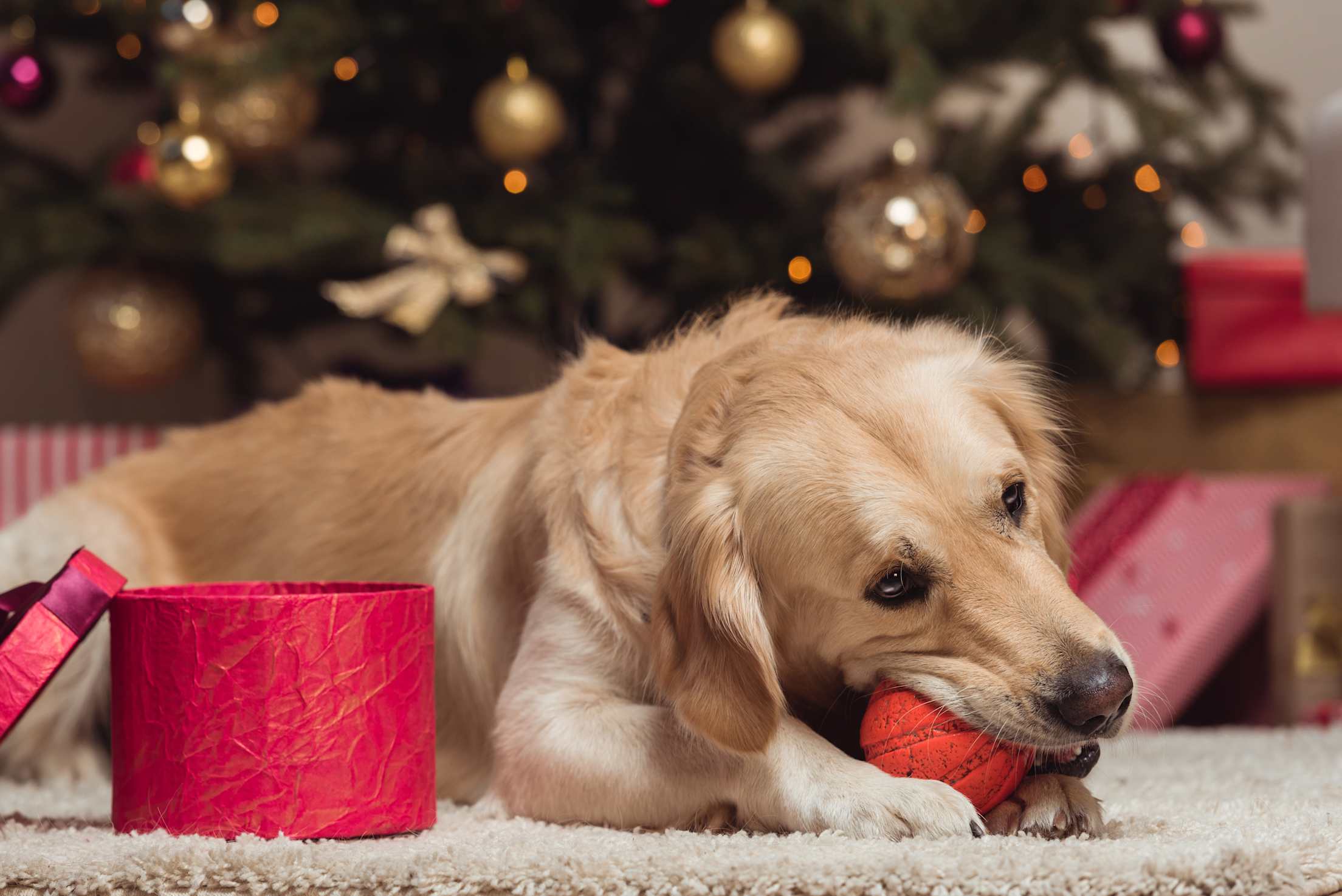
Keep pets from eating anything hazardous.
3. Fend for Fido.
Keep dogs away from cooked bones, potatoes, turkey skin, anything with onions in it, and sweets (especially any kind of chocolate). Keep all pets away from the Christmas tree, which could fall on them. Ingesting pine needles, tinsel or other decorations, or chemicals in the tree's water can cause serious problems as well.
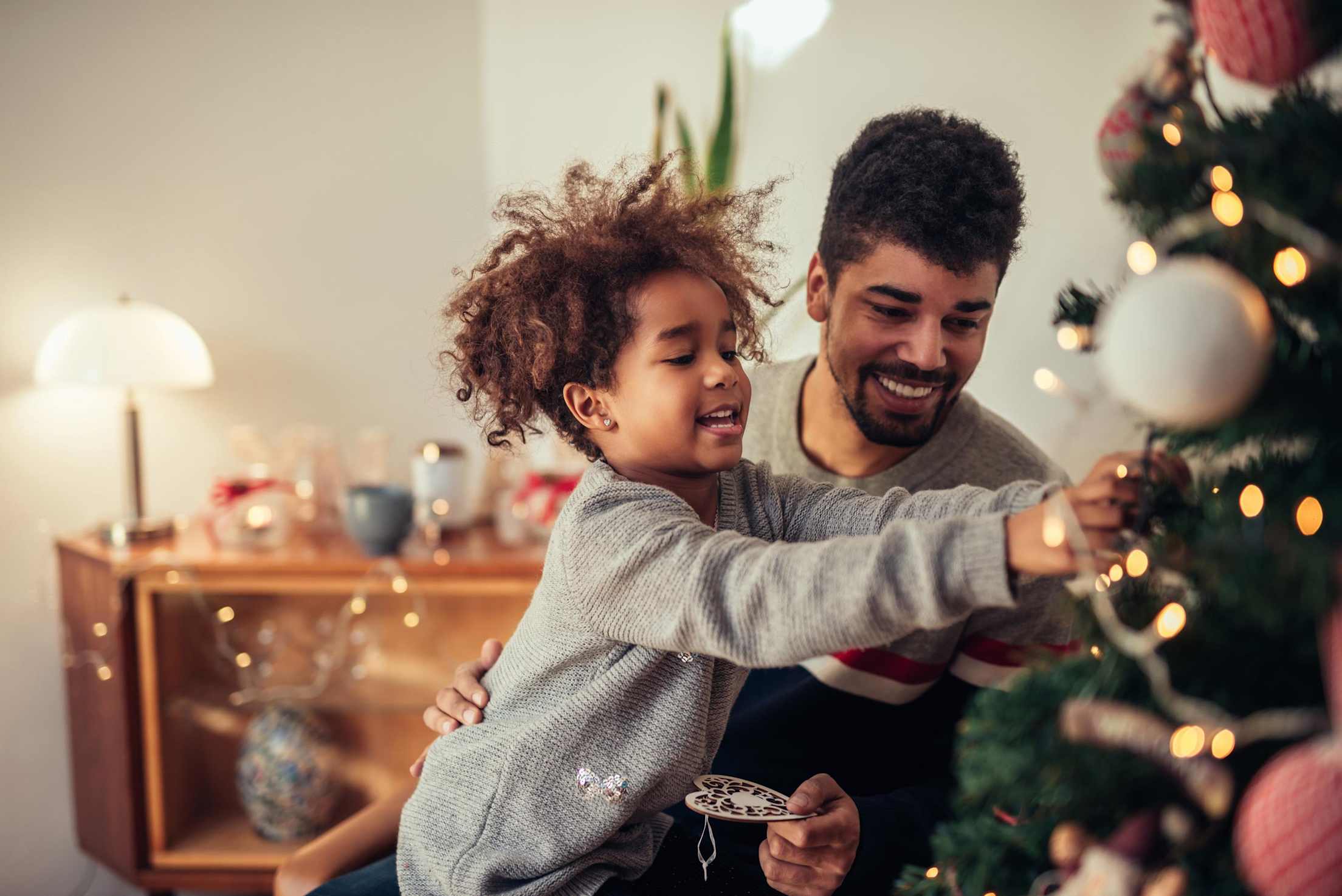
Choose unbreakable ornaments and decorations.
4. Shield your little ones.
Protect the children in your life. Opt for unbreakable ornaments and shatterproof lights. If decorations have small, detachable pieces, put them on higher shelves or branches. Keep strings, ribbons, and plastic bags inaccessible. As for gifts, heed products' age ratings. Don't give toddlers playthings with small parts, and don't present children under 10 years old anything with an electrical cord.
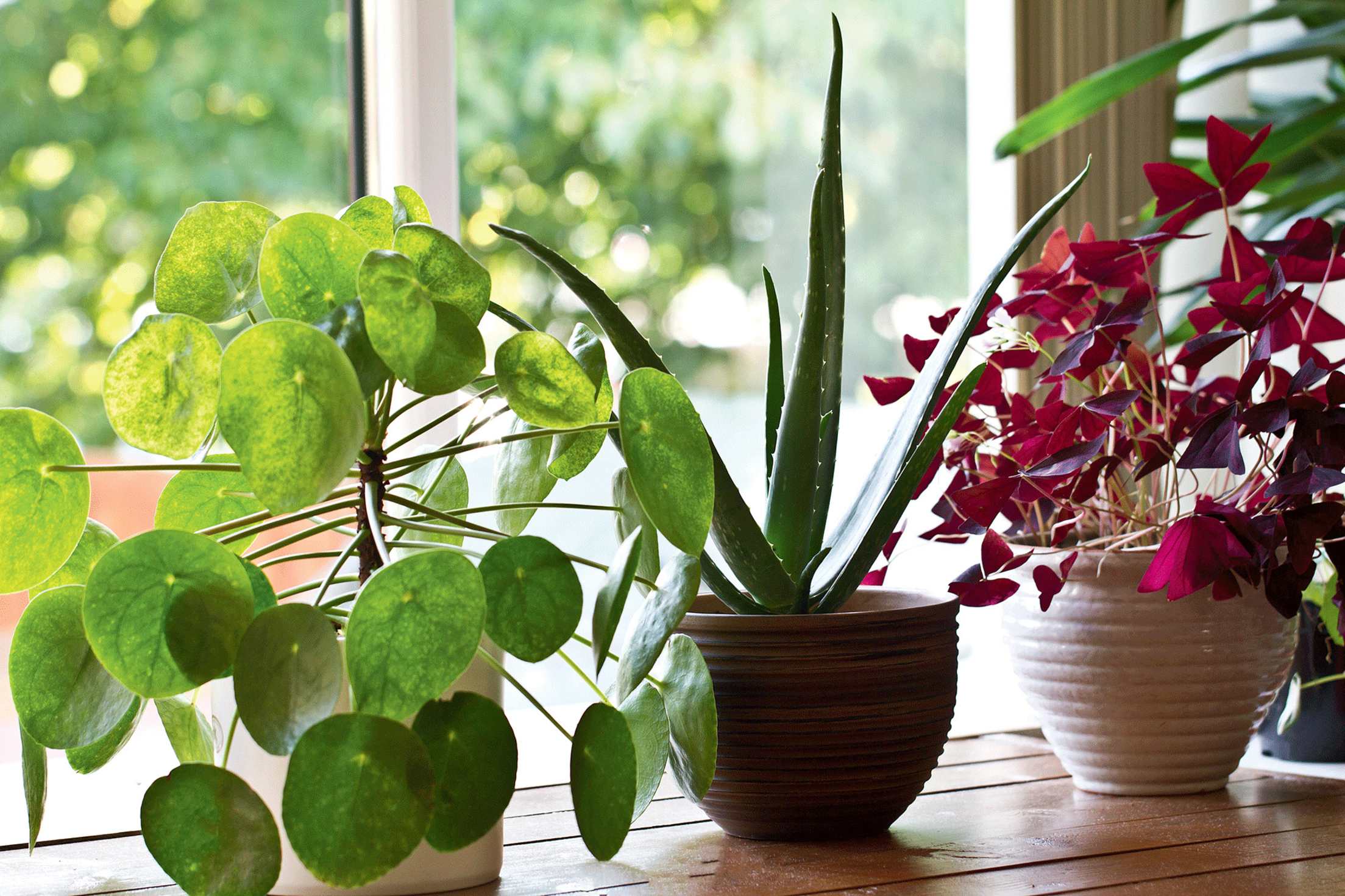
Use indoor plants to help purify your air.
5. Clear the air.
When you're spending a lot of time inside, air quality matters. Run an air purifier in each room, and change your HVAC system's filters. Add plants to your everyday decor. "Having live greenery in your home is a great way to clean the air," says physician Anna Cabeca.
6. Only you can prevent cooking fires.
Thanksgiving is the peak day for kitchen fires nationwide—followed by Christmas, Christmas Eve, and the day before Thanksgiving. Confirm that your smoke alarms have working batteries, review your household's fire escape plan, unplug countertop appliances when they aren't in use, and store a fire extinguisher in the kitchen. Never leave a lit stovetop unattended. Never throw water on a grease fire; turn off the heat and smother the flames with a pot lid. And, if you're cooking a big bird, use an oven or a grill instead of a fryer.
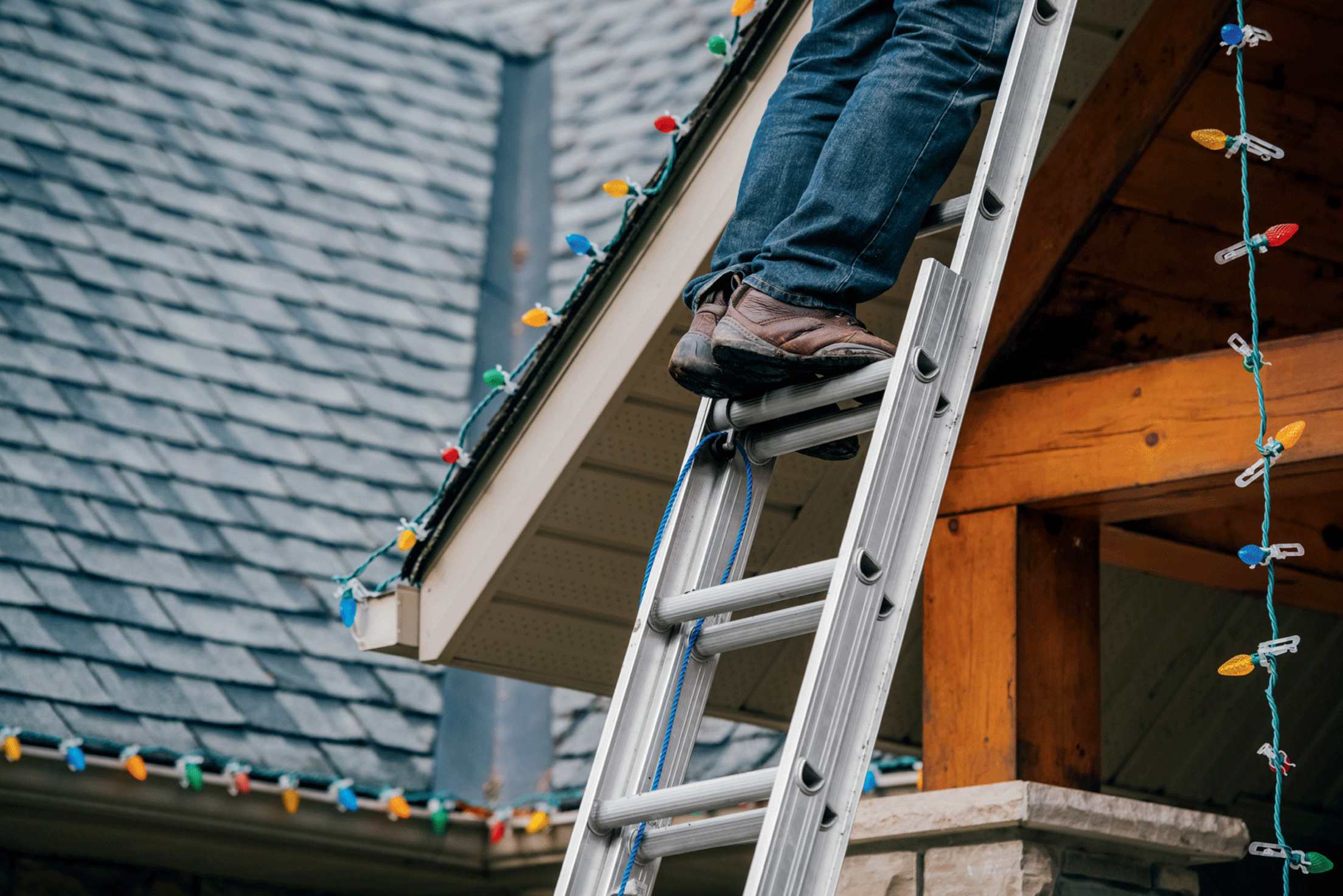
Setting up outdoor decorations? Choose the right ladder to avoid falls.
7. Deck the halls, ditch the falls.
Decorating the house in tinsel and lights can easily look like a nerve-wracking scene from National Lampoon's Christmas Vacation. Keep ladders and outdoor decorations far from power lines, use clips instead of nails around electrical cords, and raise plugs off the ground and away from moisture. Use outdoor extension cords outdoors, reserving indoor ones for indoor use, to prevent overload. Inspect light strands and discard any with damaged wires. Replace old incandescent lights with LED strands, which don't get hot and draw so little energy that up to 25 strands can be placed on a single wall outlet. Check for safety certification labels, and don't pinch cords through small spaces. Using a ladder? Choose one that's the right size for the job, follow every instruction on its label, set it on a firm surface, and pay close attention while climbing.
8. Imbibe responsibly.
Enjoy alcoholic beverages in moderation and encourage others to do the same. Confirm that everyone has (or is) a designated driver. Add nonalcoholic drinks to your holiday standards. Check your state's liability laws and your homeowners policy to see if you're responsible for injuries or damage caused by intoxicated guests.
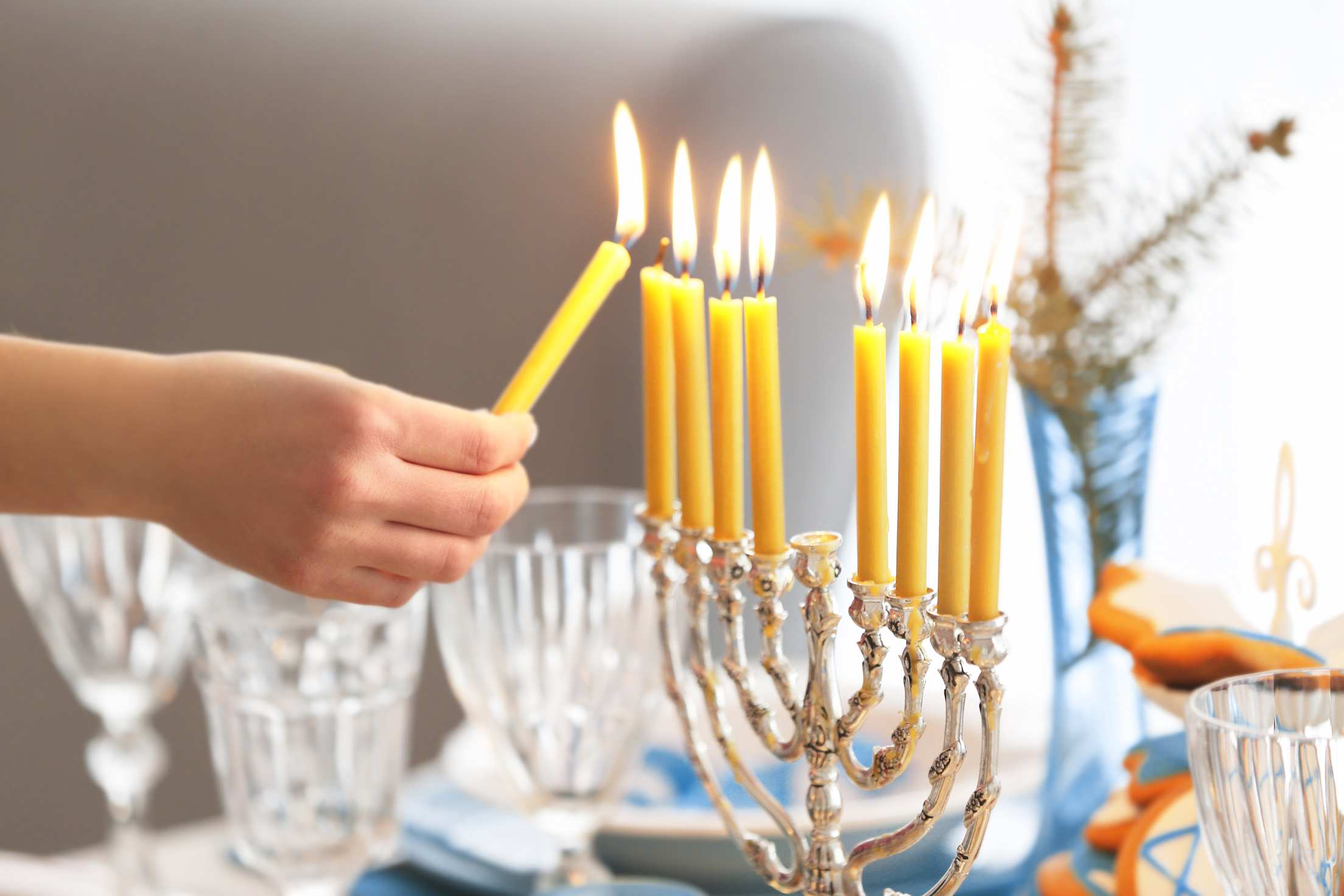
9. Keep candles contained.
Candles are a big part of winter festivities. They should be placed at least 12 inches from any flammable items, including the Christmas tree. Keep candle displays someplace they can't be knocked over, and stash matches and lighters away from kids. Never leave candles burning unattended; always blow them out if you're leaving the house or going to bed. Consider using flameless, battery-operated candle lights instead.
10. Secure your empty home.
If you're out of town during the holidays, set lights on timers, put a hold on mail and newspaper deliveries, ask a trusted neighbor to keep an eye on things, maintain your lawn service, and don't discuss travel plans in public (including on social media). Before you leave home, turn off decorations to prevent an electrical short.
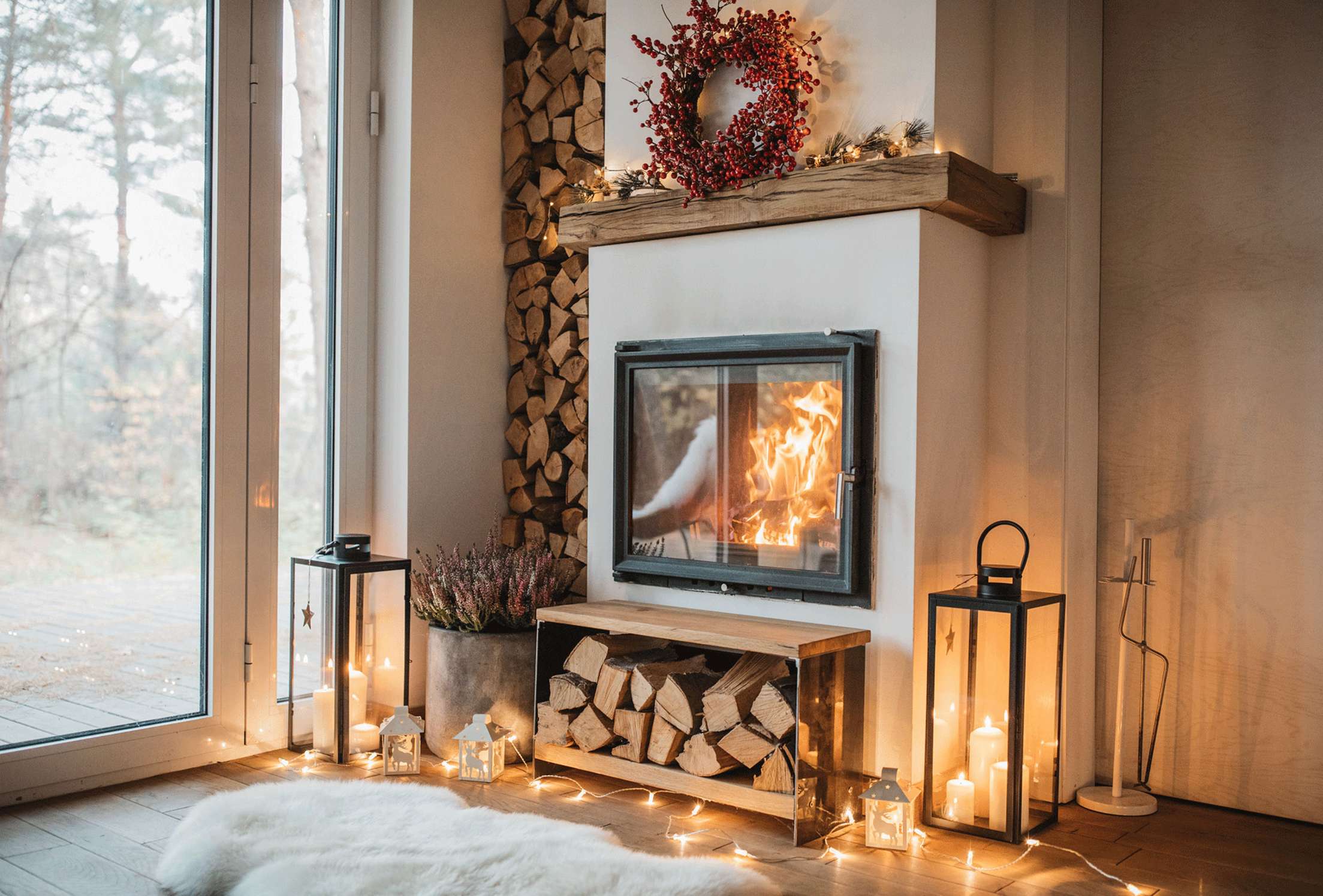
Contain errant sparks with a fireplace screen.
11. Tend your fire.
Use a fireplace screen to prevent sparks from flying out. Keep kids and pets away from the hearth, and store a fire extinguisher nearby. "Make sure your smoke detectors are working properly," advises Matthew Preble, a home services team leader with AAA, "by testing with actual smoke, not by pushing the button." Replace the entire unit at least once a decade. While enjoying a fire, Russell says, "Don't throw wrapping paper in the fireplace. It can cause flash fires. Instead, recycle or reuse it." Dispose of ash by letting it cool for 12 to 24 hours before placing it in a metal bucket and moving it outside. And have your chimney and fireplace inspected and swept every year.
12. Make sure you're covered.
If something bad should happen—your dog bites a delivery person on your property, you have a house fire, your freshly cut tree slides off your car—insurance can help mitigate the mishap. Check your coverage to confirm that you have enough, especially to cover any new, high-liability items (such as a trampoline, jewelry, or electronics). Update your home inventory accordingly. Consider adding endorsements to your homeowners policy, Russell says. "This may also be the time to take out a personal umbrella policy for additional coverage," he adds.

13. Assure food safety.
While cooking, wash your hands often. Keep raw meat away from fresh produce, and use a food thermometer to make sure you've roasted that turkey or pork sufficiently. Refrigerate leftovers within two hours after a meal, and don't eat anything more than four days after it was prepared.
14. Tie Down Your Tree
You don’t want your prized fir denting the hood of the car behind you. Limited daylight hours, heavy traffic—even in parking lots—and bad weather create additional driving challenges. Animals don’t have turn signals or headlights, and colliding with one can cause significant damage to your vehicle. Comprehensive insurance often covers repair costs. Follow these tips for safely securing your Christmas tree to your car.
Exceptional coverage. Expert service. Extra savings. AAA Auto, Home, and Life Insurance